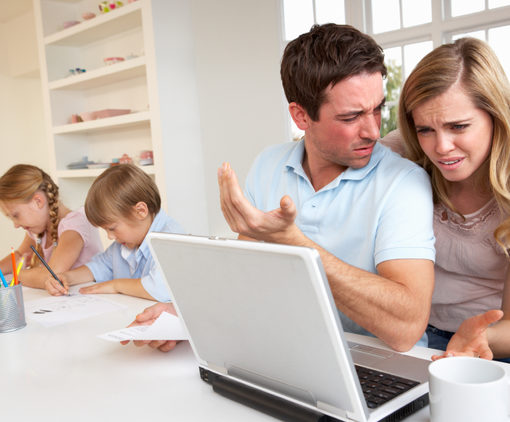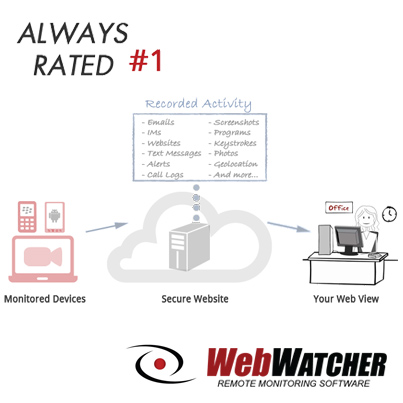It’s easy to think of your child’s internet use as a solo activity, but of course, it isn’t. Much of what children and teens do on the web is very socially oriented. They join social media sites, send messages, photos, and videos to friends, and play games with and against other people. The digital community is made up of real people, and you want your child to be a responsible member of that community, for their safety and everyone else’s. Here are some helpful tips for teaching digital responsibility to your kids.
Preserve Privacy

From the time they were small, you probably taught your children not to reveal too much information to strangers. You taught them not to give out their address to people they didn’t know. If you left them home alone, you taught them to say that their parents were busy, not out, if anyone called. Keeping private information private is just as important – perhaps even more important – on the internet.
There are companies that scour social media sites for personal information to sell. Sometimes this just results in spam, pop-up ads, and sales calls, but other times that information winds up in the hands of identity thieves or even predators. Make sure that your child knows how to protect and conceal their information on any site they sign up for. Some sites, like Facebook, have a history of revealing users private information when the site updates, so be sure they understand the importance of checking all of their privacy settings periodically.
Behave Kindly

Parents who have heard the cyberbullying horror stories out there worry that their child will be targeted. What many parents don’t realize is that many bullying victims also participate in bullying behavior themselves and that even bullies who aren’t bullying victims are often acting out because something is wrong.
Talk to your child about treating others kindly online. Remind them that there are real people with real feelings, just like themselves, behind each username or avatar. Ask them to consider how they’d feel if they received the message that they’re thinking of sending to someone else. If they wouldn’t like to be on the receiving end, they shouldn’t send the message.
Speak Up
Your child also needs to know that they should speak up when they see something wrong online, just like they would in real life. This can apply to themselves – for example, they should know how to report harassment or bullying that they receive to the website that they’re using or to their ISP, as well as to you.
They should also not hesitate to speak up if they see someone else in trouble. Teens may observe other people being bullied or targeted by predators online. They may see friends posting about suicidal thoughts or dangerous behaviors. Often, they don’t know how to handle this, so they don’t say anything. Teach your child how to respond when they see something that disturbs them. Let them know that if they aren’t sure what the right thing to do is, they can always tell you, and you’ll figure it out together.
Parental monitoring software can help you keep tabs on what your kids are doing and prevent them from making serious mistakes as they navigate the digital world. To find out how parental monitoring software can help you, get our free trial.





